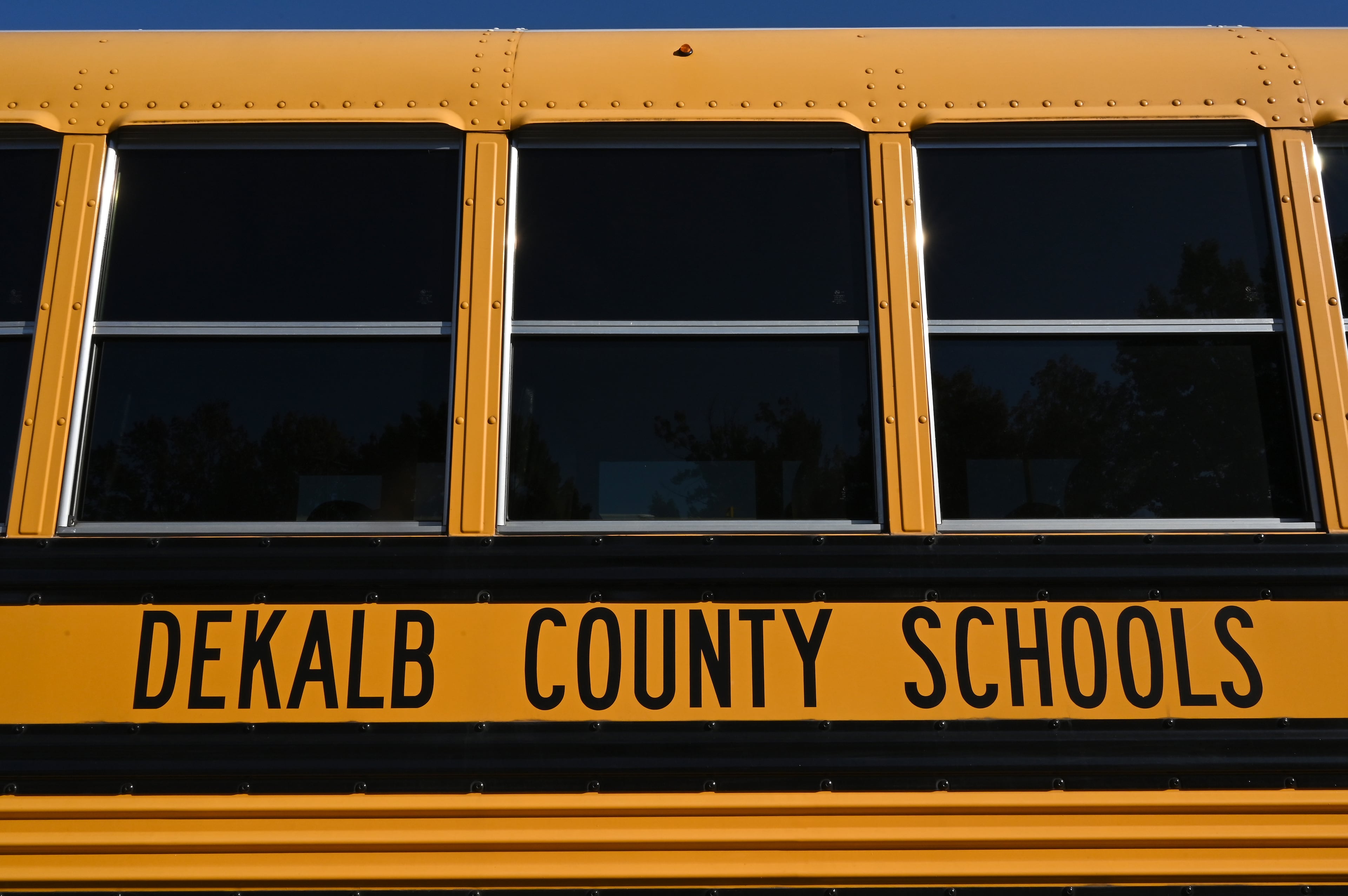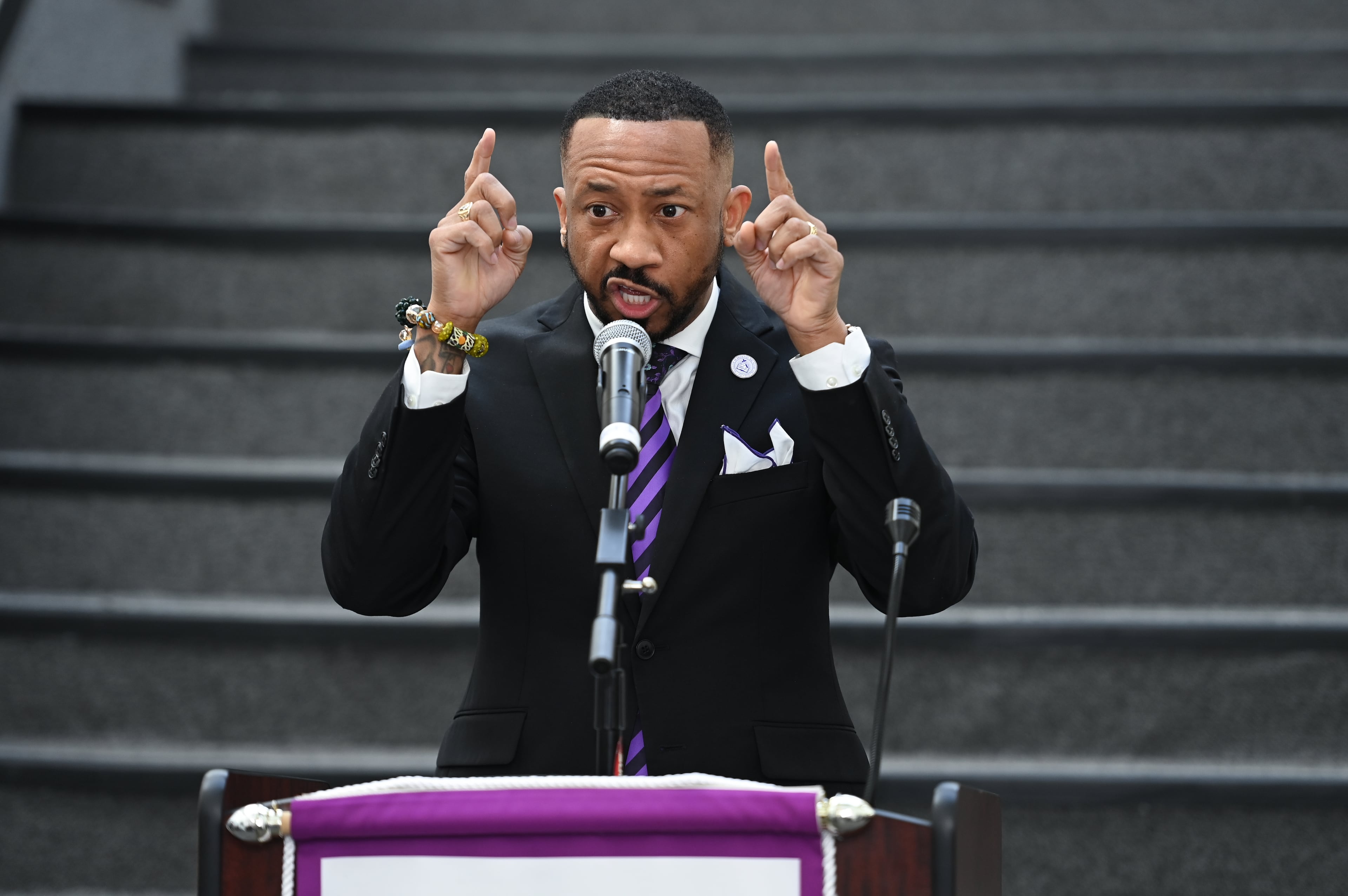Cobb school board changes policy for public comments at meetings

The Cobb County Board of Education will no longer allow people who want to speak at public meetings to sign up online.
Superintendent Chris Ragsdale said there has been too much opportunity for people to “game the system” by signing up under false names or for groups who plan to speak on the same topic to claim multiple spots.
The option to sign up online the night before a meeting has been in place since June. The board also updated its policy at that time to limit each speaker to two minutes of comments.
The policy change the board approved this week reverts back to its original system. Speakers must sign in when they arrive at the meeting. The time limit remains in the policy.
Board members Jaha Howard and Charisse Davis questioned whether the change was necessary. They and Leroy “Tre’” Hutchins were in favor of keeping both online and in-person sign-up options. The other four board members voted in favor of the policy change.
Howard pointed out that the board was discussing the policy change for the first time on the same day it planned to vote on it.
Cognia Accreditation Services reviewed complaints about the Cobb school board last year and directed it, in part, to include opportunities for board members and the public to review and understand policy changes before the final votes. The school district is the state’s second largest.
“It also sounds like a practice that Cognia kind of wants us to stop doing so much of — introducing a concept and without time to really digest it, engage the public on what the exact recommendation is and voting on it at exactly the same time. It seems like we’re doing exactly that,” Howard said. “Would you agree on that?”
“No,” Ragsdale replied. He said the change was partly in reaction to comments received from the public.
The board has yet to discuss the Cognia report and its directives publicly. It was completed in November.
Davis, Howard and Hutchins also voted to change the part of the policy that requires students under 18 to have a parent present with them if they want to address the board. A group of high school students again asked the board to change that rule, but the other four board members voted against doing so.



